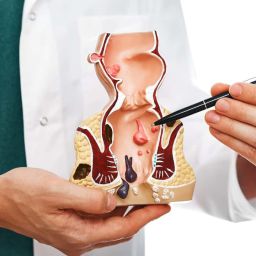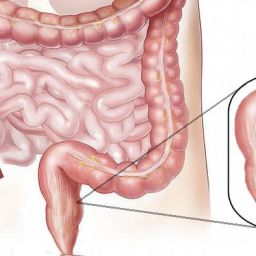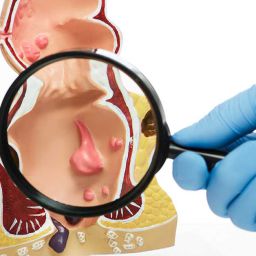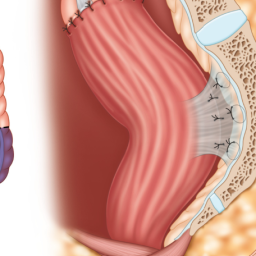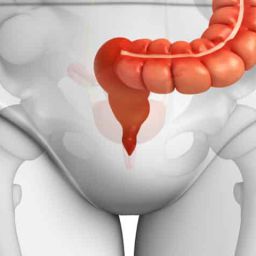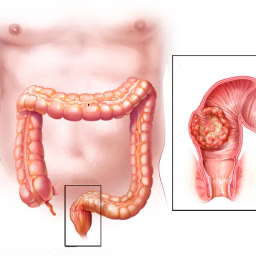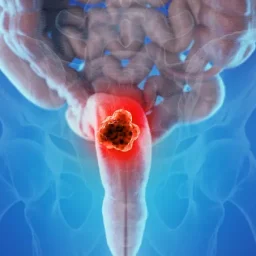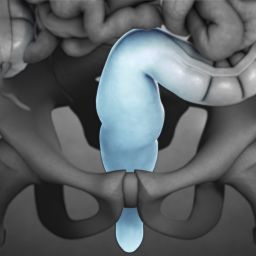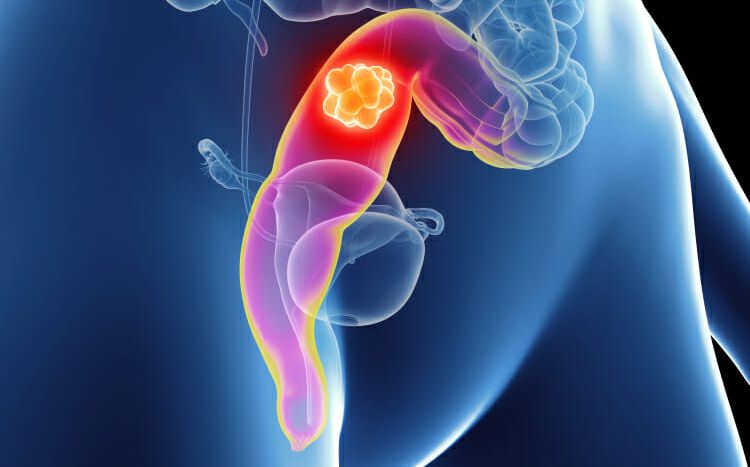
Understanding Rectal Elimination
Before diving into the causes, it’s essential to understand the process of rectal elimination. Rectal elimination refers to the body’s ability to expel waste products, such as feces, from the digestive system. This process involves coordinated actions from several muscles, including those in the colon, rectum, and anus, as well as proper functioning of the nervous system.
Problems in any part of this system can cause difficulty in rectal elimination, leading to symptoms such as bloating, discomfort, incomplete evacuation, or infrequent bowel movements.
Causes of Difficulty in Rectal Elimination
1. Dietary Factors
One of the most common causes of difficulty in rectal elimination is an unhealthy diet. Poor eating habits, especially those low in fiber, can lead to constipation. Fiber plays a crucial role in promoting bowel regularity by adding bulk to stool and assisting in its movement through the intestines. Insufficient intake of fiber, especially from fruits, vegetables, and whole grains, can result in hard stools that are difficult to pass.
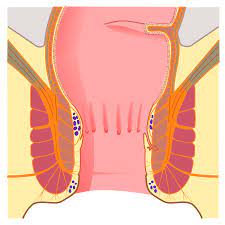
Solutions:
- Increase fiber intake gradually to avoid discomfort.
- Include more fiber-rich foods in your diet, such as oats, beans, lentils, and leafy vegetables.
- Drink plenty of water to help soften stool.
2. Inadequate Fluid Intake
Dehydration is another significant factor that can contribute to difficulty in rectal elimination. When the body lacks sufficient fluids, the colon absorbs more water from the waste material passing through it. This can lead to dry, hard stools that are difficult to pass, often resulting in constipation.
Solutions:
- Drink at least eight glasses of water per day.
- Limit the intake of caffeinated beverages, as they can have a diuretic effect.
- Consume hydrating foods such as watermelon, cucumbers, and soups.
3. Sedentary Lifestyle
Physical inactivity or a sedentary lifestyle is another common contributor to constipation and other elimination problems. Regular physical activity helps stimulate intestinal motility and encourages the movement of waste through the digestive system. When the body is inactive, bowel movements tend to become slower and less frequent.
Solutions:
- Engage in regular physical activity, such as walking, cycling, or swimming.
- Aim for at least 30 minutes of moderate exercise most days of the week.
- Incorporate stretching exercises and yoga to relieve constipation.
4. Medications
Certain medications can cause or exacerbate difficulty in rectal elimination. Painkillers, particularly opioid-based drugs, are known to slow down bowel function, leading to constipation. Other medications, such as antacids containing calcium or aluminum, antidepressants, and iron supplements, may also contribute to bowel problems.
Solutions:
- Consult with your doctor about alternative medications that may have fewer gastrointestinal side effects.
- Avoid overusing laxatives unless prescribed by a healthcare professional.
- Consider adding a fiber supplement to your routine if necessary.
5. Medical Conditions
Several medical conditions can interfere with normal rectal elimination. Some of the most common include:
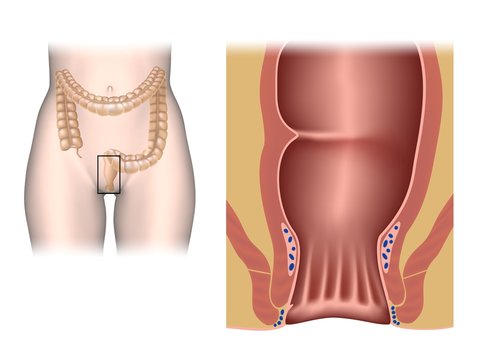
- Irritable Bowel Syndrome (IBS): This chronic condition affects the large intestine, causing symptoms such as cramping, bloating, and either diarrhea or constipation.
- Hypothyroidism: An underactive thyroid can slow down metabolism, affecting bowel movements and leading to constipation.
- Diabetes: Diabetes can damage the nerves that control the intestines, leading to delayed bowel movements or constipation.
- Parkinson’s Disease: This neurological condition can affect the muscles responsible for bowel movement, causing constipation.
- Colon Cancer: In some cases, colon cancer can obstruct the colon, leading to difficulty passing stools.
Solutions:
- Work with a healthcare provider to manage underlying conditions through medication and lifestyle adjustments.
- Seek regular screening, especially for conditions like colon cancer, for early detection.
6. Psychological Factors
Stress, anxiety, and depression can have a significant impact on gastrointestinal health. The gut and brain are closely connected, and psychological stress can disrupt normal bowel function. People with chronic stress or depression may experience changes in their bowel habits, including constipation.
Solutions:
- Practice stress management techniques such as mindfulness, meditation, or deep-breathing exercises.
- Engage in therapy or counseling if needed to address underlying mental health issues.
- Consider antidepressant medications or cognitive behavioral therapy for chronic psychological conditions.
7. Hormonal Changes
Hormonal fluctuations, particularly during pregnancy or menopause, can contribute to difficulties in rectal elimination. During pregnancy, the body produces higher levels of progesterone, which can slow down bowel movements. Additionally, women going through menopause may experience changes in digestive health due to hormonal shifts.
Solutions:
- In the case of pregnancy, consult with a healthcare provider about safe remedies for constipation.
- Manage menopause symptoms through diet, exercise, and, if needed, hormone replacement therapy (HRT).
8. Aging
As people age, the digestive system naturally slows down. The muscles of the colon may lose tone, and nerve sensitivity may decline, leading to less efficient bowel movements. Older adults are also more likely to have conditions like diabetes, hypothyroidism, or arthritis, which can further contribute to constipation.
Solutions:
- Maintain an active lifestyle, even with age, to support bowel health.
- Stay hydrated and focus on a diet rich in fiber.
- Consider gentle, natural laxatives like prunes or psyllium husk.
9. Poor Toilet Habits
Ignoring the urge to defecate or delaying bowel movements can lead to difficulty in rectal elimination. When the body is trained to ignore the natural urge to go to the bathroom, the stool becomes harder and more difficult to pass over time.
Solutions:
- Establish a regular bathroom routine.
- Respond promptly to the urge to have a bowel movement.
- Avoid prolonged sitting on the toilet to prevent strain.
Difficulty in rectal elimination is a multifaceted problem with a variety of potential causes. From diet and lifestyle choices to underlying medical conditions and psychological factors, multiple factors can contribute to the challenges of passing stool. Understanding these causes and taking proactive steps to address them can help alleviate symptoms and improve overall bowel health. If you experience persistent or severe issues with rectal elimination, it’s important to consult a healthcare professional for proper diagnosis and treatment.
By making lifestyle adjustments, improving your diet, staying active, and managing stress, you can significantly reduce the impact of these challenges and promote better digestive health.

